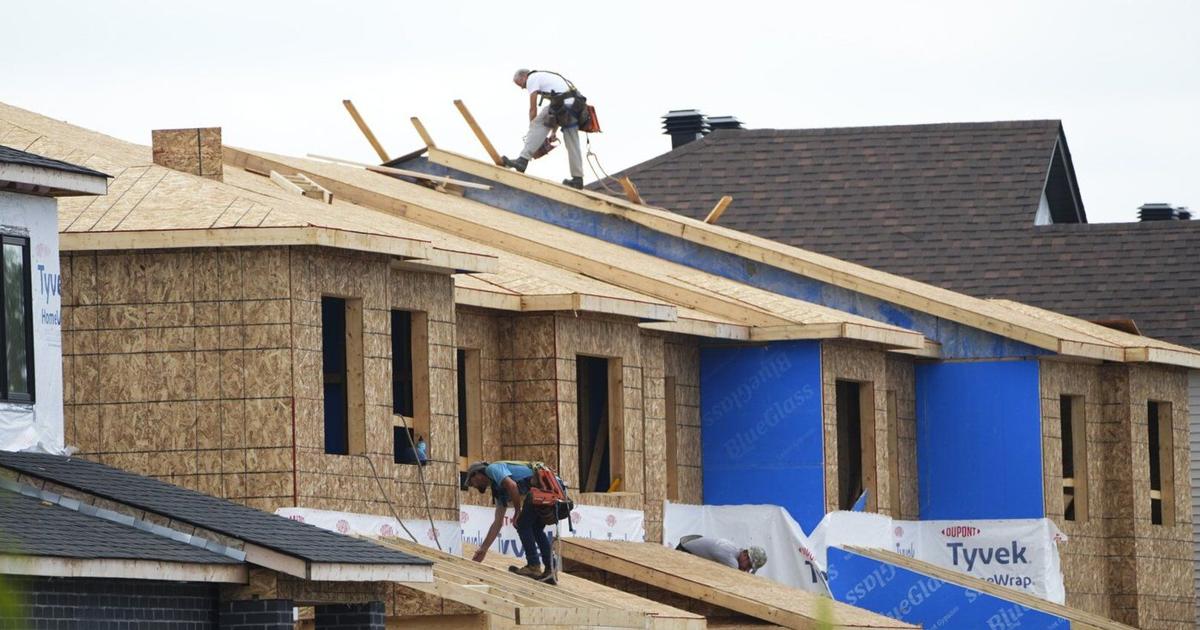TORONTO – Ontario is lowering projections for new home construction levels in its fall economic statement, putting the government further away from its goal of building 1.5 million homes in 10 years.
It is the third consecutive budget or fall economic statement in which projections have been revised downward, and Municipal Affairs and Housing Minister Rob Flack has recently appeared to back away from the 1.5 million homes goal.
In the spring budget, the province expected to see 71,800 homes built this year — already far off the pace needed to reach 1.5 million, but now it projects an even lower 64,300.
Projections for the next few years are also low, with 70,200 new homes expected next year, 79,600 projected in 2027 and 83,700 expected in 2028.
“Private-sector forecasters continue to highlight the negative effects of tariff-related uncertainty and material cost increases on homebuilding,” the government wrote in its fall economic statement.
Construction activity, particularly in condominiums, has slowed from a 2023 peak, the government wrote, though the downturn was partially offset by higher levels of purpose-built rental construction.
Ontario home resales, meanwhile, are projected to decline eight per cent this year as economic uncertainty weighs on the market, before bouncing back by 10.2 per cent next year. The average home resale price is projected to decline 3.3 per cent this year and rise 2.8 per cent next year.
Slower-than-expected housing market activity is also leading to a more than half a billion hit to the province’s books. Land transfer tax revenue projections are $576 million lower than they were in the spring budget.
Homebuilders have said that some of the most helpful measures governments could take to encourage development would be to reduce taxes and fees.
The government is promising an HST rebate for first-time homebuyers on homes of up to $1 million, a value critics have said won’t allow many homebuyers in the Greater Toronto Area to take advantage.
The fall economic statement shows the government expects the rebate will cost just $35 million, though that rises to $190 million and $245 million in the next two years.
This report by The Canadian Press was first published Nov. 6, 2025.



